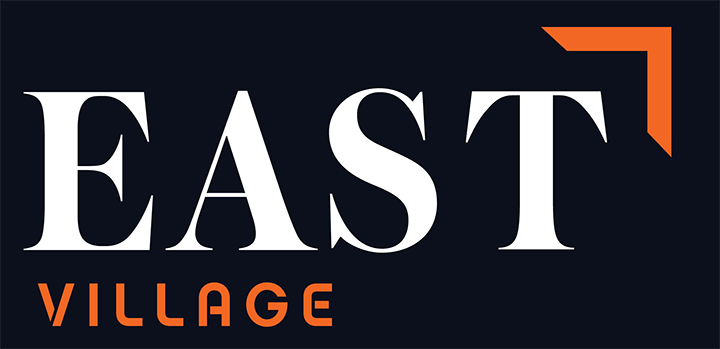Small Plates: What’s coming to Mueller, EastVillage and Cedar Park
Aburi Tora coming to East Village
Toronto-based Aburi Restaurant Group is opening another sushi restaurant concept in Austin.
The family-friendly sushi restaurant plans an approximately 3,200-square-foot restaurant at the 425-acre mixed-use development, EastVillage, being developed by Reger Holdings LLC. The restaurant group opened its first Austin location, Aburi Oshi, in a ghost kitchen last year. It expanded that concept into the Fareground food complex downtown this year, and it plans to open its sit-down Aburi Tora in December, according to Masayuki Matsumara, vice president of finance and operations for Aburi Restaurant Group.
Aburi Tora will join other tenants at EastVillage including Club Studio, Starbucks, First Watch, Shake Shack, Kilwin’s Chocolates, Swish Dental and more. Upon buildout, EastVillage will feature more than 375,000 square feet of retail space.
Aburi Tora landed a 10-year lease with options to renew at the billion-dollar development, located at 3500 E. Parmer Lane. The restaurant group chose the Northeast Austin location because it will neighbor the Samsung factory in an area with a growing population, Matsumara said. In addition, there aren’t many sushi restaurants in that part of the city, he added.
The company plans to add one or two more Aburi Tora’s in Austin, likely in the northwest and south, Matsumara said. For its upcoming locations, the company is seeking real estate ranging from 3,000 square feet to 3,5000 square feet, without a need for a patio.
Aburi Tora is a concept the restaurant group has focused on expanding, after already seeing success in its existing locations in Canada and Japan. Its first Austin location will mark Aburi Tora’s sixth restaurant.
Aburi Tora will have a more expansive menu outside of the flame-seared and oshi-style pressed sushi that makes up the bulk of its Aburi Oshi menu — the restaurant will also serve a selection of Japanese hot and cold tapas. It will feature three rows of conveyer belts that will deliver sushi orders as soon as they’re ready to ensure the freshest bites, Matsumara said.
It will cost about $2 million to open the restaurant, including kitchen equipment. Matsumara said the cost is higher than a traditional restaurant because the conveyer belts are imported from Japan and the location will have detailed touches in its furniture and elsewhere.
